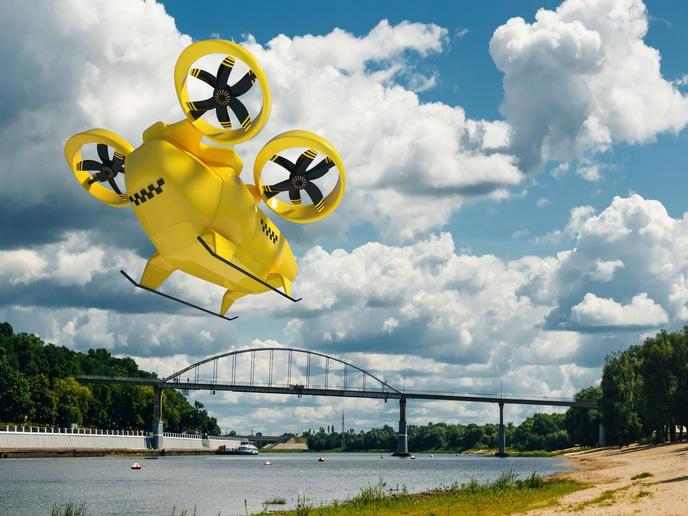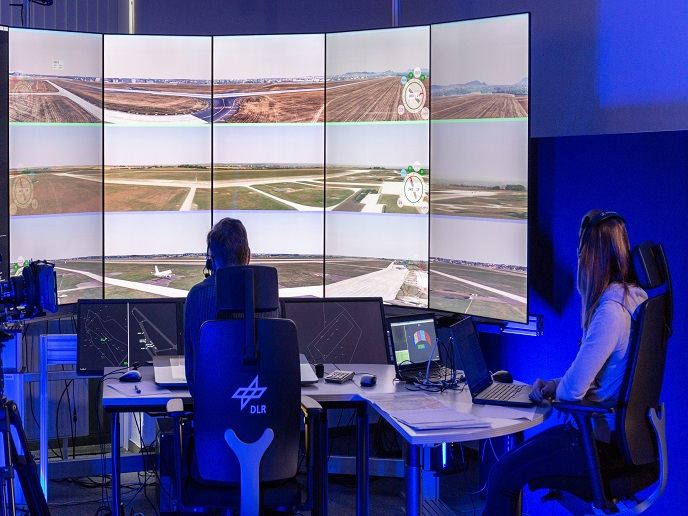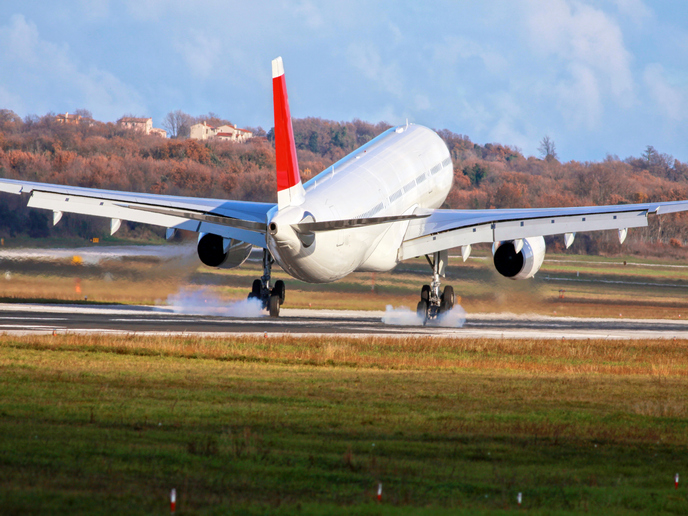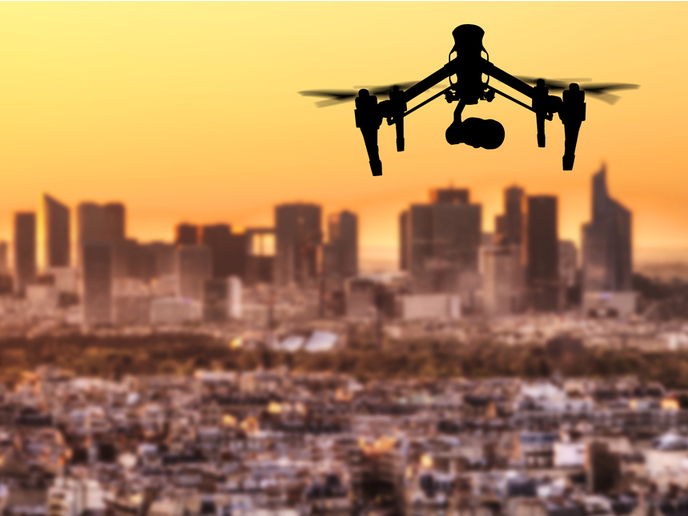How Big Data and AI can be deployed for better aviation safety
If current techniques are not updated, the rapid increase in air traffic could compromise aviation’s high level of safety. According to the EU-funded SafeClouds.eu (Data-driven research addressing aviation safety intelligence) project, one cost-effective way of making the necessary updates is with Artificial Intelligence (AI). A collaboration between airlines, air navigation service providers (ANSPs), safety authorities, academia and SMEs, the project applies data science and machine learning approaches to generate new knowledge on how to help aviation stakeholders further improve safety. “SafeClouds.eu is demonstrating how data analytics, state-of-the-art ICT and safety intelligence can be used to accommodate higher levels of traffic, increase safety and reduce costs,” says Project Coordinator Paula Lopez-Catala. AI for predicting safety hazards and precursor analysis Today’s aviation system is structured around a number of isolated ‘data silos’. Due to legal, technical and commercial issues, these silos have limited – if any – interaction. The SafeClouds.eu project aimed to change this and, in doing so, pave the way for a new paradigm where aviation is primarily based on actively shared data. For SafeClouds.eu this change begins with AI. According to Lopez-Catala, AI techniques, including deep learning and artificial neural networks, allow one to analyse the precursors of safety events. “Understanding the precursors and potential risks that may lead to a safety incident is critical to complementing the traditional methods of monitoring safety, reviewing accidents and incidents and extracting lessons learned,” she says. As AI can automatically predict potential safety hazards in real time, it is a key tool in supporting timely reactions. “The techniques and algorithms are tailored, customised and tested to be effective in every safety scenario, from unstable approaches to terrain warning, mid-air losses of separation and runway safety,” adds Lopez-Catala. One of these tailored algorithms is Smart Data Fusion (SDF). By consolidating different confidential data sources into single data frames, analysts can focus on the analytic development instead of the data engineering. “As a result, SDF provides a 360-degree view of safety scenarios, even when different stakeholders own different parts of the data and each wants to maintain the data’s confidentiality,” adds Lopez-Catala. DataBeacon: infrastructure for AI applications in aviation To convert these AI techniques and algorithms into actual applications, the SafeClouds.eu project developed the state-of-the-art DataBeacon platform. Stakeholders and researchers can use the platform to quickly develop and deploy AI applications for aviation. “The scalable, on-demand computing platform can fuse datasets securely and run computations over private data isolated from the rest of the platform,” explains Lopez-Catala. DataBeacon has a variety of applications, including data analytics, distributed applications and multi-party computation. It also uses three computing layers to ensure security, scalability and flexibility for a variety of big data and AI applications in aviation. “DataBeacon, which was originally created to enable the project by supporting data protection and computing requirements, has in fact become the key outcome,” says Lopez-Catala. “We think it has a huge potential that the team would like to explore beyond the SafeClouds.eu project by making it available to airlines, airports and ANSPs.”
Keywords
SafeClouds.eu, flight safety, aviation, air navigation service provider (ANSP), artificial intelligence, AI, Big Data







